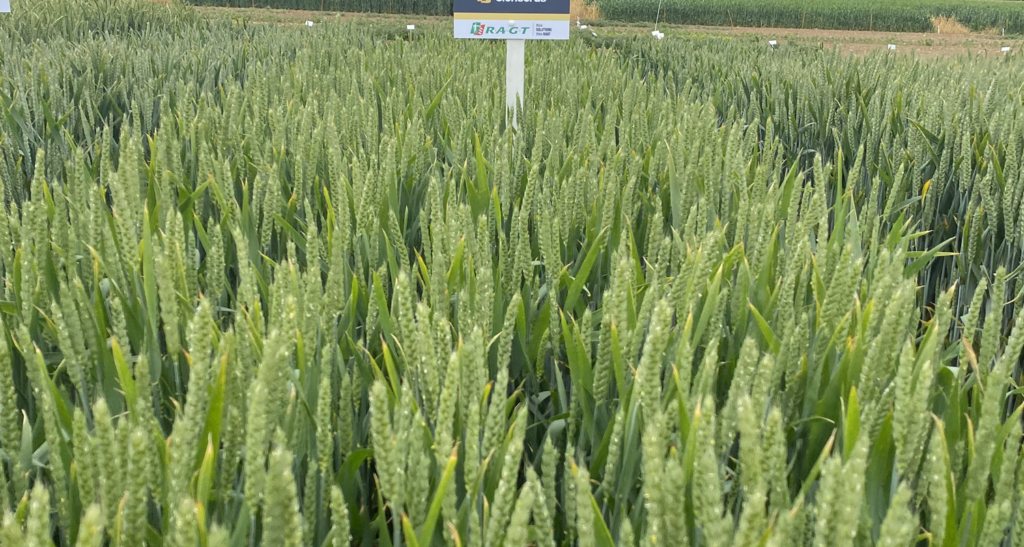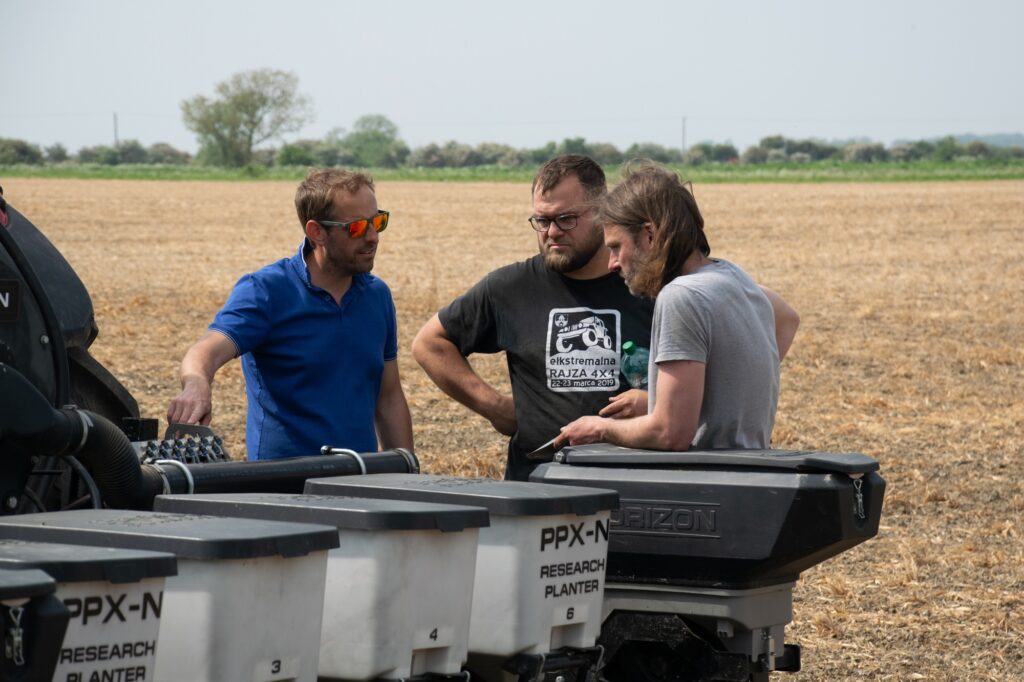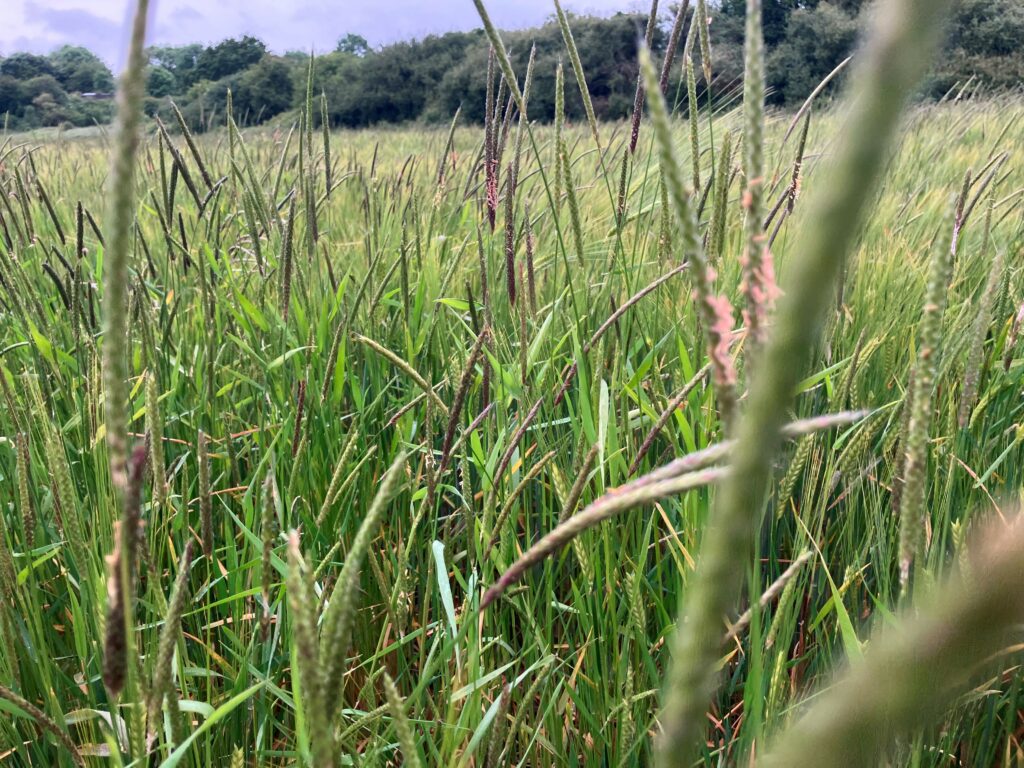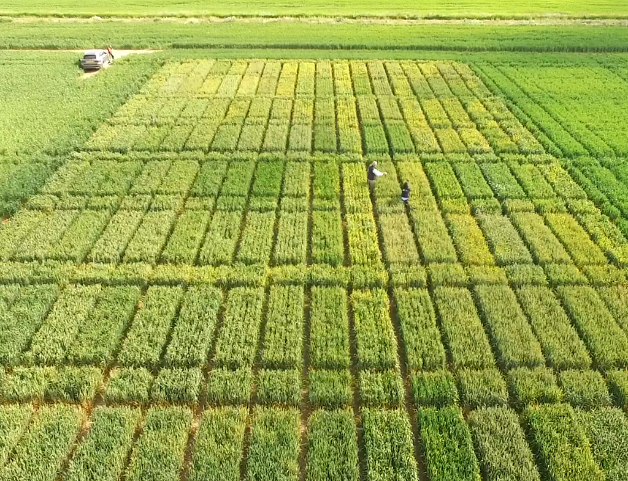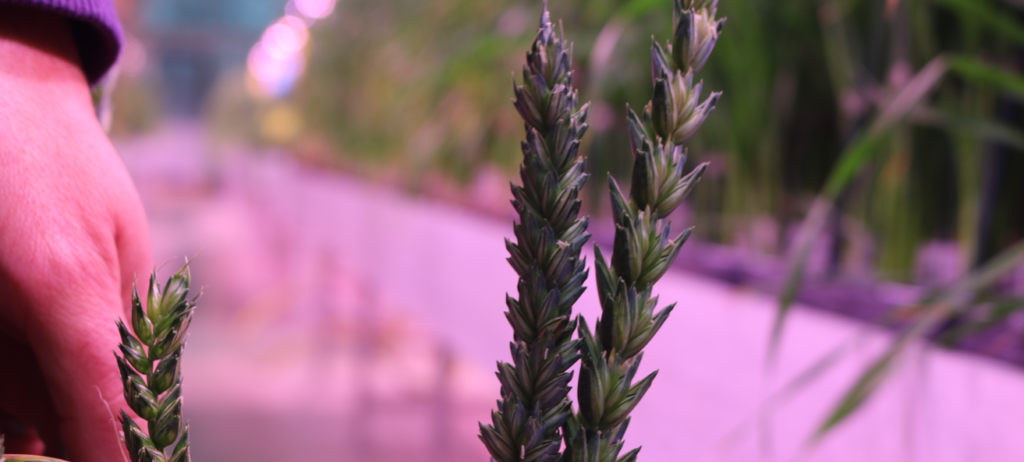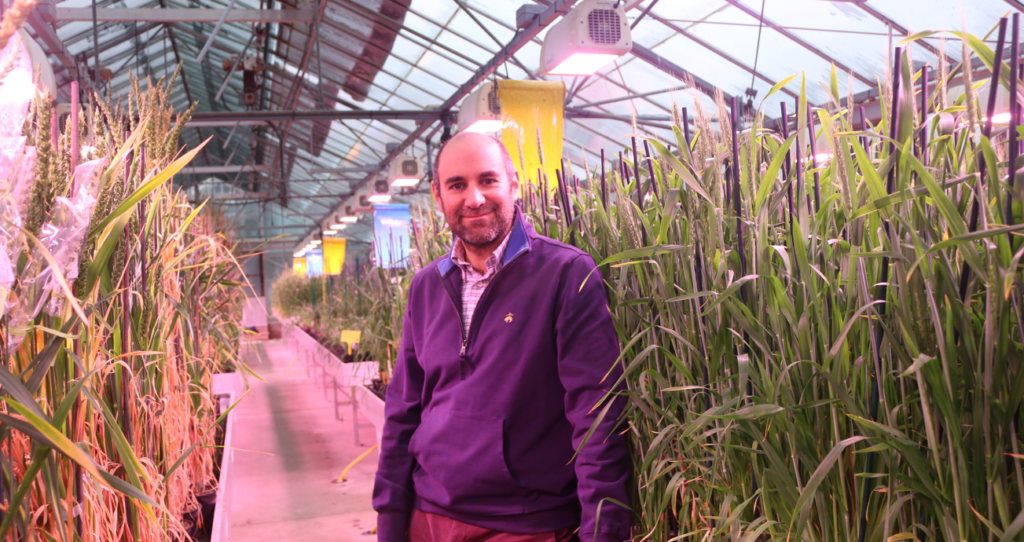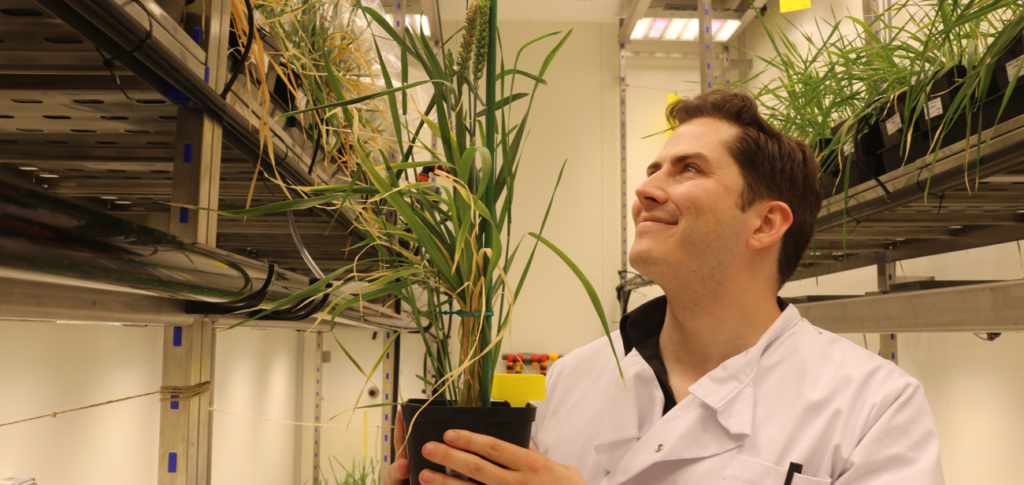BYDV-resistant wheats prove their worth in a difficult season
Written by Robert Harris for RAGT Perceived as niche when introduced five years ago, RAGT’s BYDV-resistant wheats are now catching the attention of a significant number of farmers. Marketed under the Genserus (Genetic Security Virus) brand, these wheats offer season-long control of BYDV, removing the management headaches of autumn aphid control, eliminating the risk of resistance …
BYDV-resistant wheats prove their worth in a difficult season Read More »
